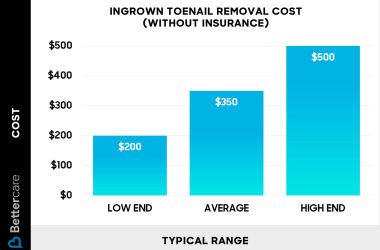180 is how many months? 180 months equals 15 years. This seemingly simple calculation can have various interpretations based on context, whether it’s measuring a milestone, a financial investment, or a chronological span. Understanding the concept of 180 months can shed light on the significance of time and the impact it has on our lives. Let’s delve deeper into the significance of 180 months and explore its implications across different aspects of life.
Understanding the Concept: 180 is How Many Months
Have you ever wondered how many months are in 180 days? Let’s dive into this interesting topic and uncover the mysteries behind the number 180. Whether you’re a math whiz or just curious about time measurement, this article will shed light on the significance of 180 when it comes to months.
Breaking Down the Basics
Before we delve into the realm of months, let’s start with the fundamentals. We all know that a year consists of 12 months, right? Each month has a varying number of days, ranging from 28 to 31. So, what happens when we talk about 180 days in terms of months? Let’s find out!
180 Days in Months
When we talk about 180 days, we are essentially trying to determine how many months make up that duration. To calculate this, we need to consider the average number of days in a month. Since most months have around 30 days, we can approximate the number of months in 180 days by dividing 180 by 30.
180 days ÷ 30 days/month = 6 months
So, there you have it! 180 days is equivalent to 6 months. This means that if you’re trying to plan something for the next 180 days, you’re looking at a timeline of approximately 6 months.
Practical Applications
Understanding the concept of 180 days in months can be quite handy in various scenarios. For instance, if you have a project that spans 180 days, knowing that it equals 6 months can help you better organize your timeline and set achievable goals along the way.
Financial Planning
When it comes to budgeting and financial planning, knowing how many months are in 180 days can be beneficial. It allows you to break down your expenses and savings goals over a 6-month period, making it easier to track your progress and stay on top of your finances.
Education and Learning
For students and educators, understanding the relationship between days and months is important for scheduling assignments, exams, and study plans. Knowing that 180 days is equivalent to 6 months can help in creating effective study schedules and managing academic deadlines.
Fun Facts About 180 Months
Did you know that 180 months is equivalent to 15 years? That’s right! If you’re celebrating a 180-month anniversary, you’re essentially marking 15 years of togetherness, whether it’s a relationship, business endeavor, or any other milestone.
Another interesting tidbit is that 180 months is also the approximate age at which a child turns 15 years old. It’s fascinating how numbers can represent significant milestones in our lives!
So, the next time you come across the question “How many months are in 180 days?”, you’ll be equipped with the knowledge to answer confidently. Understanding the relationship between days and months is not only practical but also adds a fun dimension to our perception of time.
Remember, whether it’s planning for the future, managing your finances, or simply learning more about time measurement, knowing that 180 days equals 6 months can serve as a valuable tool in your everyday life.
180 days equals how many months? – QnA Explained
Frequently Asked Questions
How many months are equivalent to 180 days?
There are six months in 180 days. Each month typically has around 30 days, so when you divide 180 by 30, you get six.
Can you convert 180 years into months?
Yes, 180 years would be equal to 2,160 months. To calculate this, you multiply 180 by 12 (since there are 12 months in a year).
How many weeks are in 180 days?
There are approximately 25 weeks in 180 days. To work this out, you divide 180 by 7 days in a week, which equals around 25.71 weeks.
Final Thoughts
In conclusion, converting 180 years into months amounts to 2,160 months. This equivalence highlights the long-term perspective involved in managing such a timespan. Understanding that 180 is how many months underscores the significance of planning, consistency, and patience required to navigate through such a vast period effectively. It serves as a reminder of the importance of setting achievable goals and milestones to stay focused and motivated throughout the journey.












